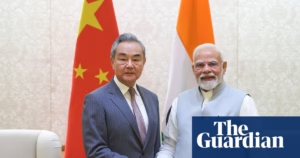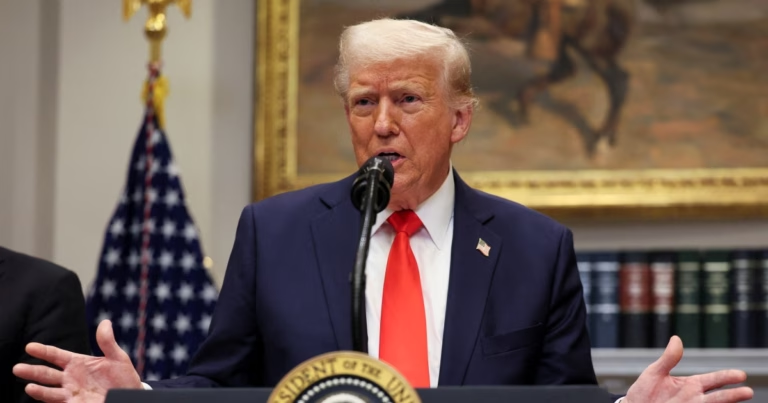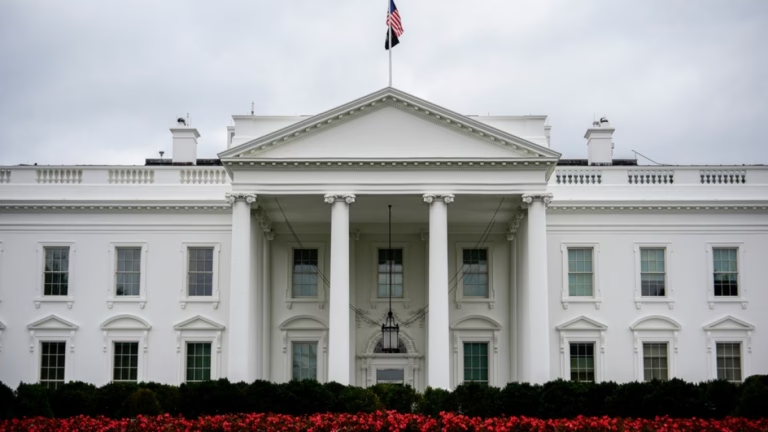President Trump’s decision to impose tariffs on steel and aluminum imports has caused significant disruption in global markets and strained relations with major trading partners. The affected countries are responding in various ways, with some imposing retaliatory tariffs and others seeking exemptions or negotiating their way out.
Canada, Brazil, and Mexico are among the top suppliers of steel to the US, while Canada, the United Arab Emirates, Russia, and Mexico are major suppliers of aluminum. These metals play a crucial role in the production of essential goods, including home appliances, cars, and construction materials. The tariffs will therefore increase costs for manufacturers and consumers in the US.
The impact will be felt across various industries that rely on these metals. The construction sector, which uses one-third of all steel imports, will face increased costs for infrastructure projects. Aluminium is essential for the automotive and aerospace industries, as well as food and beverage packaging. The US is heavily dependent on aluminum imports, with around half of the metal used in the country coming from foreign sources.
Trump attempted to justify the tariffs, claiming a need to protect US industry and national security. However, critics argue that there is little economic or genuine national security rationale for them. The imposition of tariffs introduces unpredictability and volatility, undermining established trade norms and encouraging other nations to respond in kind.
Countries such as Canada and the European Union have already announced retaliatory measures targeting US goods. Canada has imposed tariffs on a range of products, including steel and aluminum imports, as well as additional tariffs on computers, servers, and other goods. The EU has also implemented measures targeting over $28 billion worth of US goods, including motorcycles, peanut butter, and jeans.
In contrast, countries such as Brazil have chosen diplomacy over retaliation, engaging in talks with Washington in hopes of securing an exemption. South Korea has opted for negotiation rather than confrontation, seeking dialogue with their US counterparts to address mutual concerns.
These tariffs are likely to have a negative impact on US ties with its allies. Australia, another key US ally that has been affected, has said it will not retaliate, ruling out reciprocal tariffs as they would affect Australian consumers.
Critics argue that the imposition of tariffs paints an image that the US is becoming an unreliable partner for its closest allies. Countries may pursue strategies such as diversifying trade partners in order to minimize their vulnerabilities. The risk of a global trade slowdown also looms larger as economies engage in tit-for-tat tariff escalations.
The implementation of these tariffs threatens the entire framework of open trade that has underpinned global economic growth and stability. It remains to be seen how the situation will unfold and what the long-term consequences will be for the affected industries and countries.
Source: https://www.aljazeera.com/news/2025/3/13/trumps-steel-aluminium-tariffs-how-are-targeted-countries-responding?traffic_source=rss








